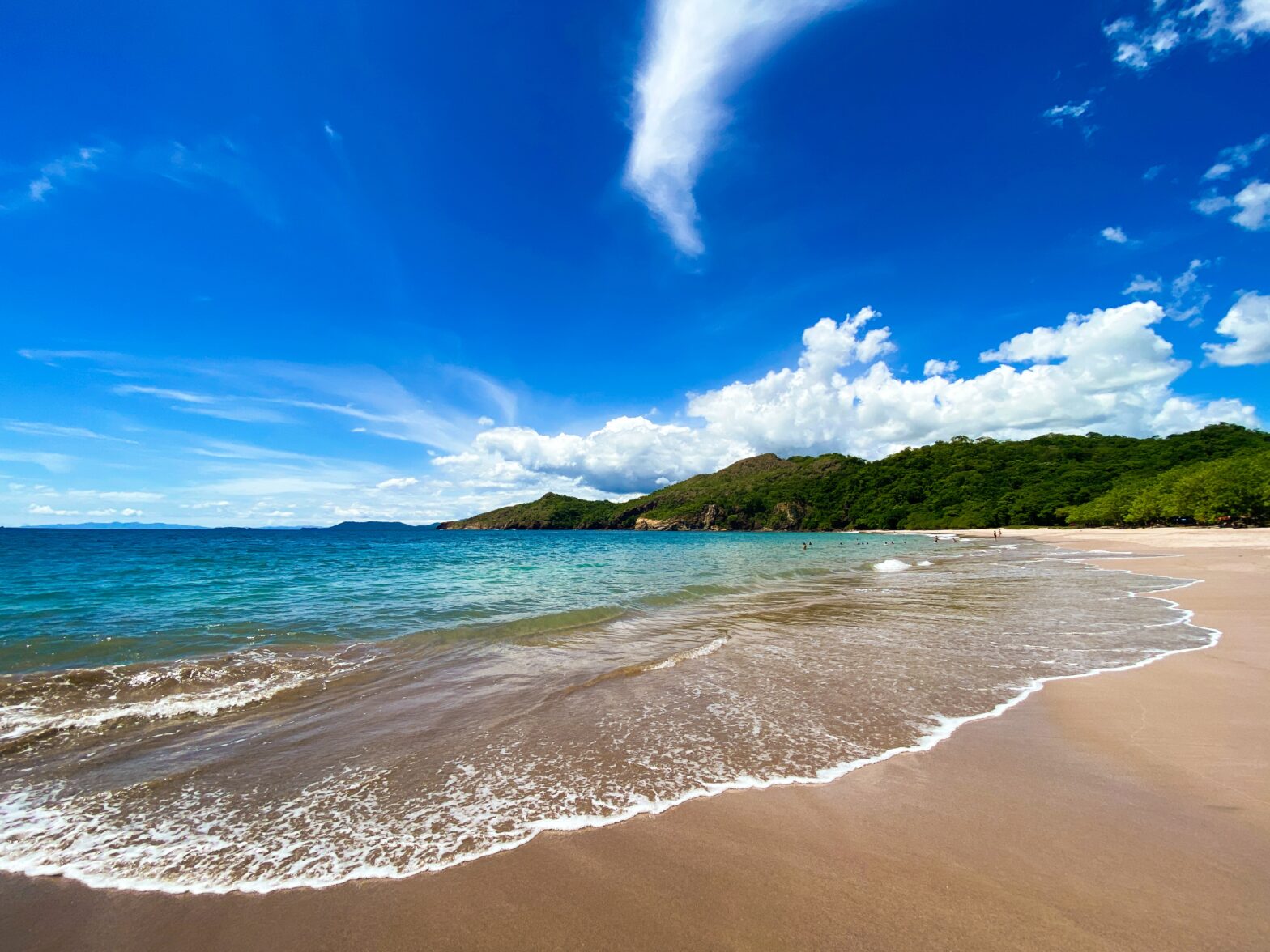Costa Rica stands out as a leading eco-friendly nation, showcasing successful ecotourism by emphasizing immersive natural experiences. Sustainability isn’t merely a policy in Costa Rica; it’s part of the country’s daily life. The country supports eco-friendly travel with consistent responsible practices through different governments as residents and visitors alike embrace these changes.
Sustainable tourism is vital for Costa Rica’s growth plan, aligning with the UN’s Sustainable Development Goals (SDGs). The Costa Rica Tourism Board has introduced a certification system that rewards eco-friendly and community-focused establishments in the tourism sector. Sustainable tourism benefits underdeveloped tourist destinations, fostering economic growth, labor rights, cultural exchange, rural development, emission reduction, and ecosystem protection.
Prominent Examples: Cóbano Preserve and Marina Tambor
Costa Rica’s commitment to sustainable development is evident in the Cóbano Preserve and Marina Tambor project on the Nicoya Peninsula.
The Nicoya Peninsula has abundant biodiversity and wildlife. It hosts a multi-billion dollar sustainable development featuring a marina, hotels, apartments, and a coastal town. The project aims to boost the local economy, create quality jobs, and support fishing while enhancing infrastructure and advocating eco-friendly methods.
The Marina Tambor project is designed to protect the natural beauty of the area, including Cabo Blanco and Cur National Parks, while capitalizing on its status as one of the world’s five Blue Zones, attracting health and wellness tourists.
Marina Tambor embraces green building practices, renewable energy, and responsible waste management, making Costa Rica a preferred destination for eco-conscious travelers. The development prioritizes proper waste disposal and education to reduce littering and improve local skills, reducing unemployment.
Investments in fishing infrastructure benefit both the local population and visiting tourists on the Nicoya Peninsula. The initiative also stimulates water sports and sightseeing activities like sailing, diving, and fishing, providing new entrepreneurial opportunities.
